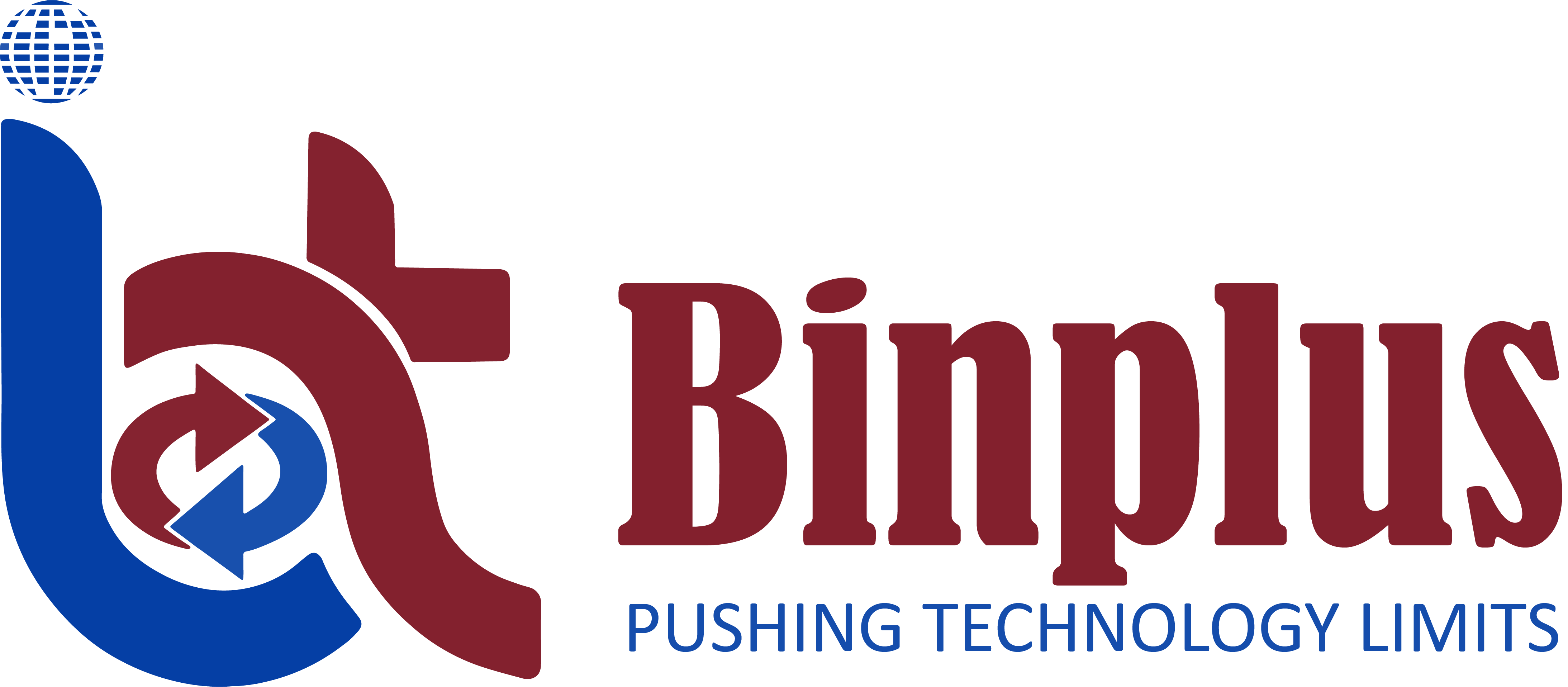The Importance of Soft Skills in Today’s Workforce: How HR Can Cultivate Them
Given the growing demand for soft skills, HR leaders play a crucial role in integrating these competencies into every aspect of their talent management strategies. Here are several ways HR can help cultivate soft skills within their organizations:
1. Incorporate Soft Skills into the Recruitment Process
The process of recruiting new employees presents a valuable opportunity to assess soft skills. In addition to evaluating technical skills, HR professionals can include behavioral interview questions and situational assessments to measure candidates' communication, problem-solving, and teamwork abilities. By hiring individuals with strong soft skills, HR can lay a solid foundation for a more collaborative and resilient workforce.
2. Offer Soft Skills Training and Development Programs
Soft skills can be developed through structured training programs and workshops. HR can collaborate with external trainers or create in-house programs that focus on areas such as communication, emotional intelligence, leadership, conflict resolution, and time management. These programs can be delivered through workshops, online courses, or even coaching sessions, tailored to specific roles or departments.
3. Encourage Mentorship and Peer Learning
Peer-to-peer learning and mentorship programs are powerful ways to develop soft skills. Employees can be paired with mentors who model strong soft skills, allowing for hands-on learning and personal growth. Additionally, creating opportunities for team-based learning, where employees share insights and experiences, encourages the development of critical communication and collaboration skills.
4. Create a Feedback-Rich Environment
5. Promote a Culture of Continuous Learning
To stay competitive, organizations must continuously adapt to change. HR can encourage a culture of lifelong learning where employees are motivated to improve and develop their soft skills over time. This can be done by creating opportunities for learning, recognizing and rewarding growth, and providing the tools and resources for employees to further their personal and professional development.


Leave A Comment